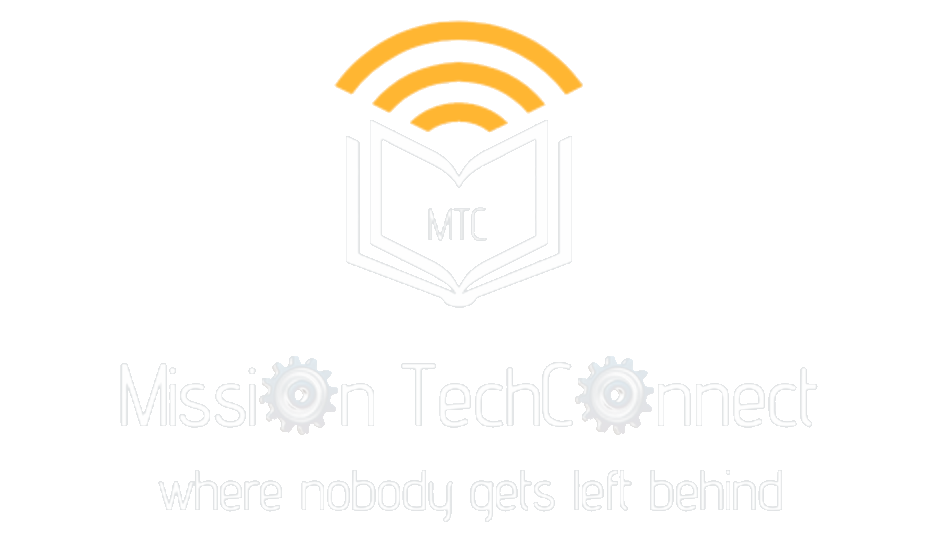-July 8, 2018
I was not there for my grandfather when he passed away. I recall receiving the tragic news after a long day of classes and I remember being overcome with a profound guilt. Aside from a few Skype calls with intermittent connection, I did not get to know my grandfather at all. He was alone in India with my grandmother, far away from his son’s family. He passed away from complications of Parkinson’s disease, which I was not even aware he suffered from until his passing. Even with the diligent research I invested in the subject of the disease, I was still overwhelmed by how I would never truly understand his pain or what he felt. I would never truly understand his experience with the disease. Despite all the objective scientific explanations for the cause of his sudden death, I would live with the fact that I would never truly know him. For all my isolation from his experiences, it more deeply pained me to think about how my grandfather would have felt about his own isolation, about how we were not there for him in his final hours.
Perhaps as a way of healing or a means of atoning, I volunteered in local nursing homes during my summer breaks. Just from the enticing aroma of daily-baked cornbread or the giggles and chuckles across the poker table, you would think every resident there feels a sense of belonging. However, as I wheeled the seniors across the berber carpet of Brookdale Sterling, I found that they mostly chose to wheel away from social interactions instead of towards them. They often shied away from conversations with volunteers and other visitors. It clearly wasn’t some genuine inhibition; they just had no means to relate with them. I realized then that seniors face a prevalent social isolation. They are inherently placed at the fringes of society, secluded from the advances and discussions of today. This realization especially resonated with me; my own grandfather endured that very same isolation even at his time of passing. I thus resolved to ensure that no other grandfather or grandmother would have to be separated from their families just by our societal norms.
As a member of the Facebook and Twitter age, I naturally resorted to the potential of technology to connect isolated individuals. Technology also lied at the heart of the problem I wished to rectify. Seniors, on average, adopt far less technology than people under the age of 65, which constitutes the incisive digital divide we see in our society. The digital market may have clearly abandoned seniors in their considerations for a target audience, but I still believed the versatility of technology would be an indispensable asset for the residents. I recruited my friends for the official team of Mission TechConnect and started to expand our operations beyond Brookdale to the William Watters House and Sterling Public Library. In our first summer alone, we hosted 23 formal technology education workshops and offered free tech help in-house sessions for certain residents. The staff at the nursing homes we visited showered us with praise for our efforts and for the work we invested in our initiative and our technology curriculum. Our turnout of senior residents increased every following workshop and the response seemed tremendously positive. Towards the end of the summer, the seniors successfully used Facebook to connect with long-lost friends and loved ones. I felt validated by this success and felt that I was duly honoring the memory of my grandfather.
“I don’t want to learn Facebook and talk to my loved ones. They don’t care about me!” One resident wheeled away from our workshop after this outburst. I was initially heartbroken by this sentiment about a work I spent so many months developing for the memory of my grandfather. I worked so hard to build connections between people, not deepen disconnections. But, Mr. Desmond’s outlook allowed me to truly remember the duality of technology. For all the applications and accessibility of technology, technology was not designed or capable of supplanting true face-to-face interactions. The Skype calls with my grandfather only served as a proxy for my real duty to reassure my grandfather in person and lighten his dismal final moments. I shirked my responsibilities then and perhaps Mission TechConnect served as an excuse to do so once again. Technology can never substitute for the simple human connection, or just a hug. I instinctively hugged Mr. Desmond and consoled him about his family. To this day, I talk to Mr. Desmond on the phone every month, but we both cherish the times I come home for the breaks and we talk for hours and hours in his apartment at Brookdale. It just takes a conscious effort for us to relate to each other with our own guilts of isolation, irrespective of our varying knowledge of modern trends. The technology in our society is still connective and tantalizing, but we have to reconcile it with personal connection. Perhaps the sweet spot between the two is elusive, but the search may as well be my true mission.
